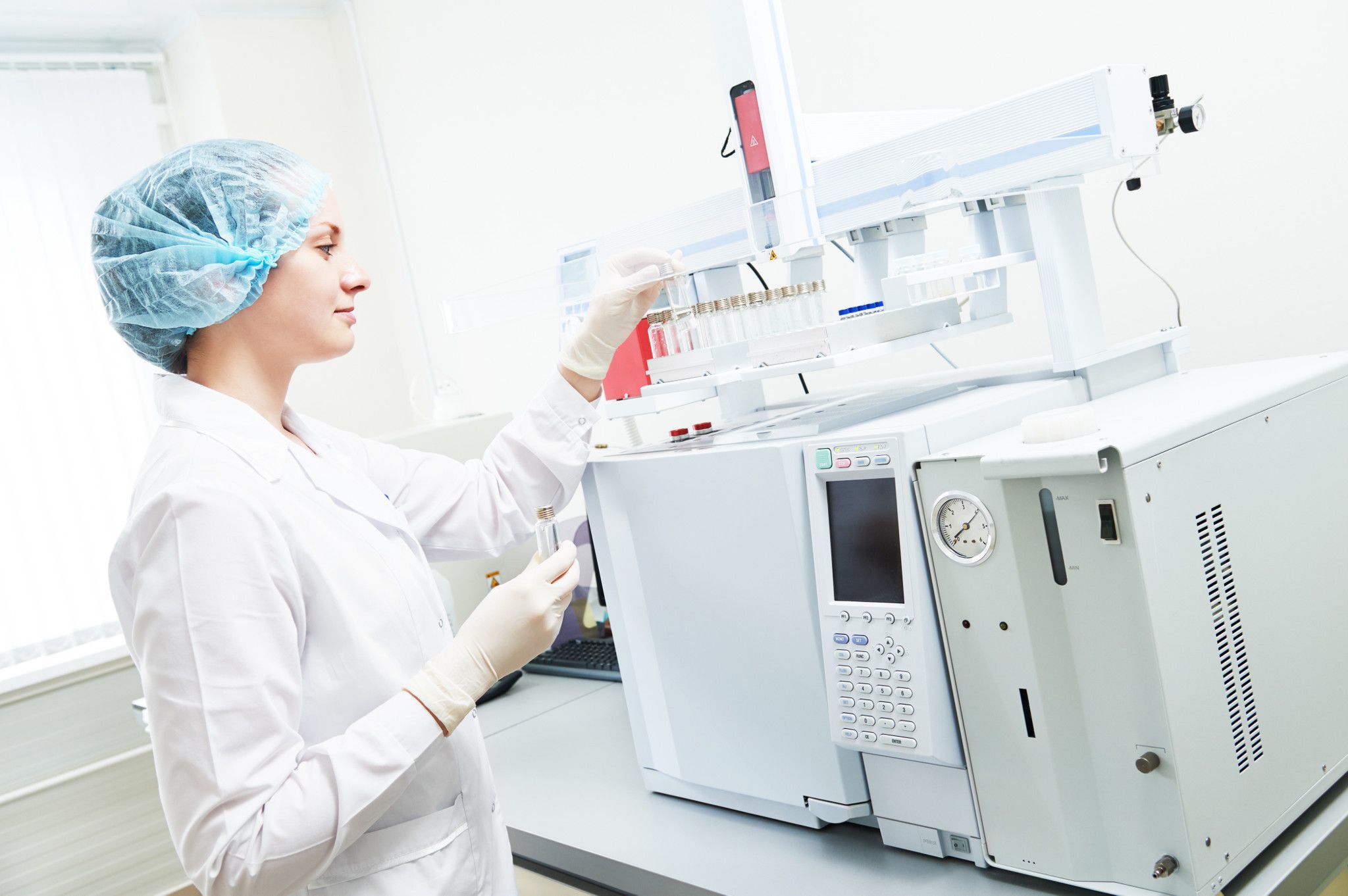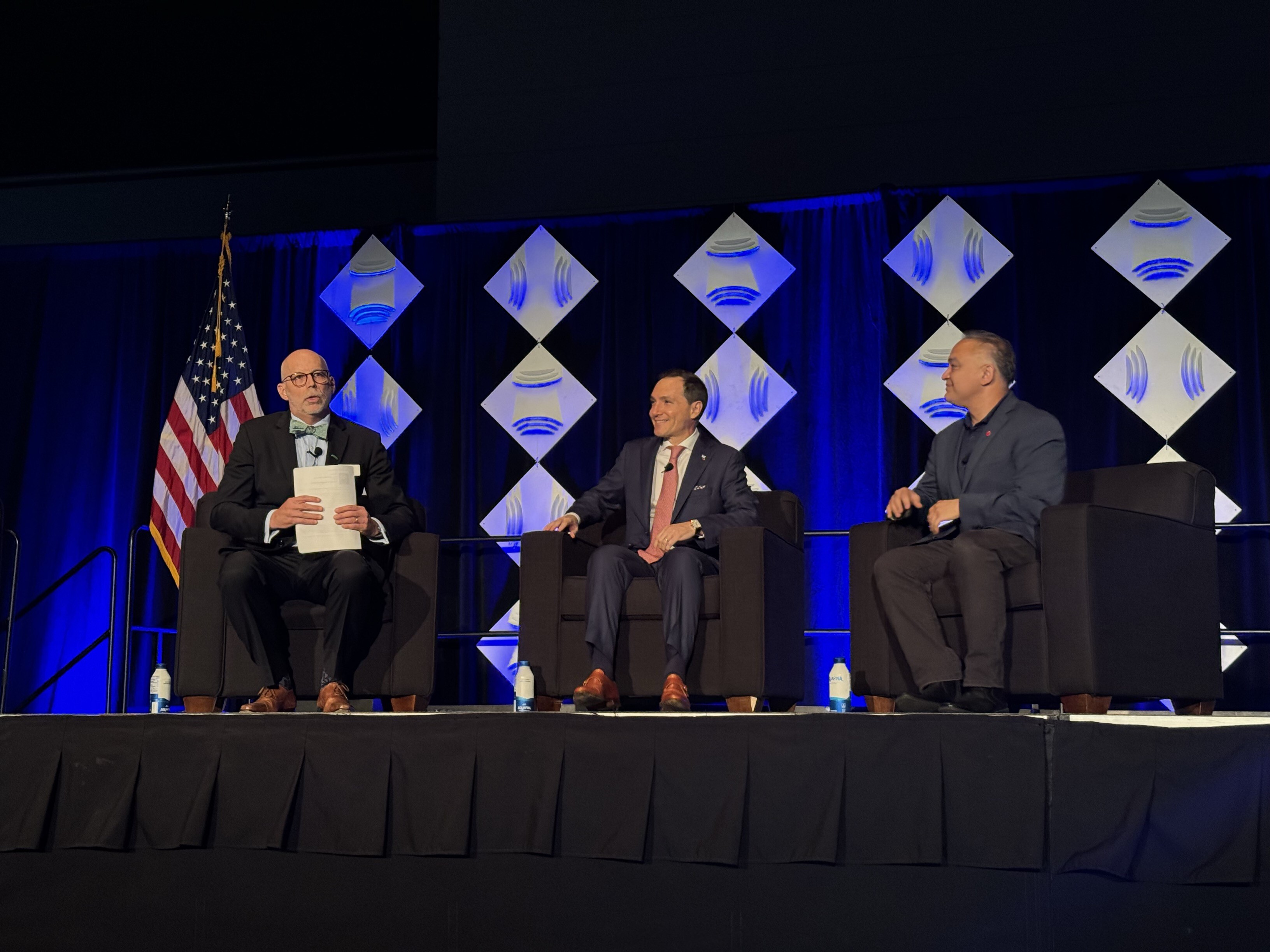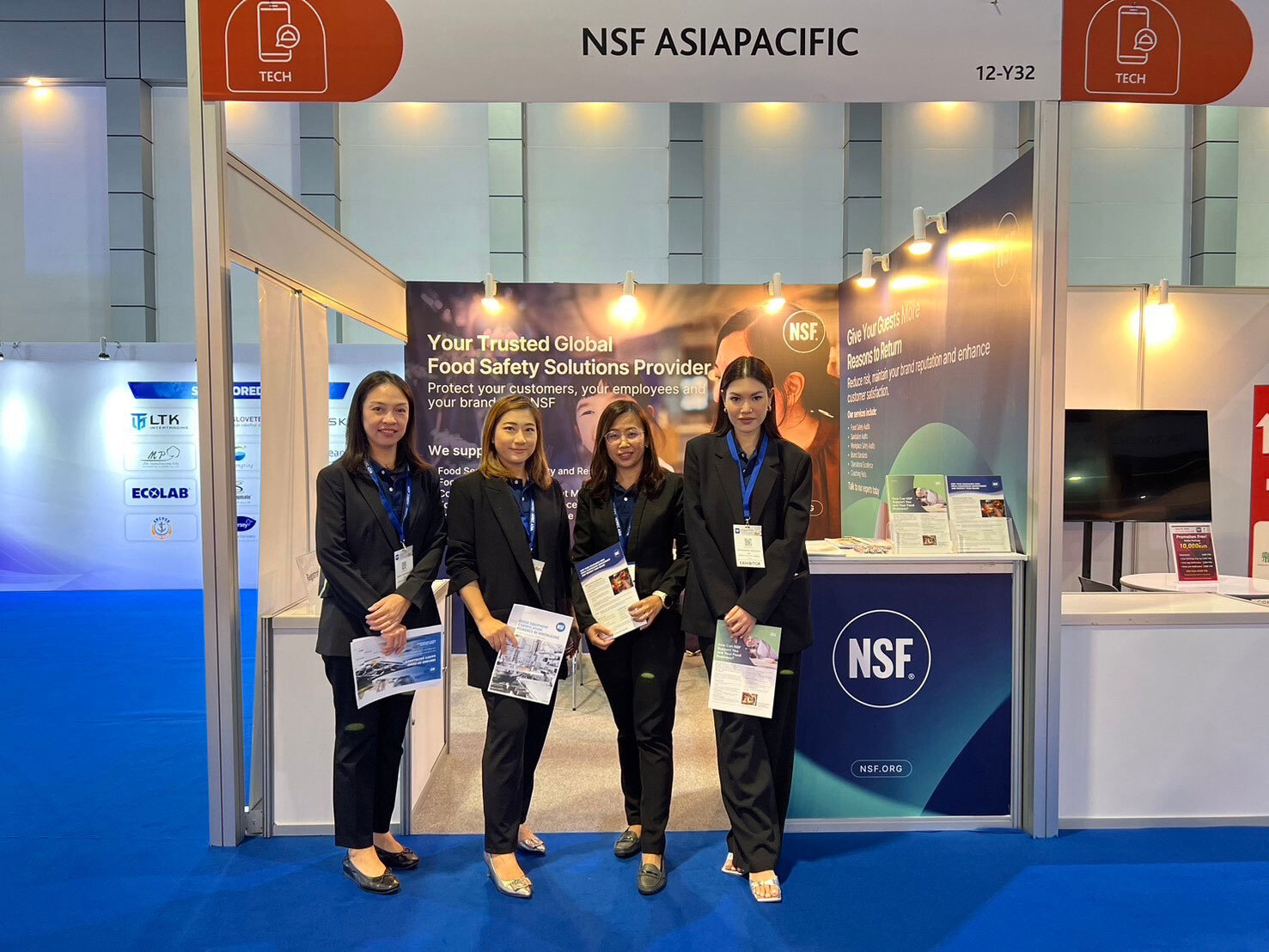Bottled Water
How and why bottled water is regulated is not common knowledge and can be confusing. Like other bottled beverages, bottled water is regulated by the U.S. Food and Drug Administration (FDA) as a food product and must adhere to strict quality and labeling guidelines. Many states also have strict requirements for bottled water produced and/or sold within their borders.
What Does NSF Certification Cover?
NSF certification includes annual unannounced plant inspections of a bottler's operation, covering everything from the source of the water through disinfection and treatment all the way through the container closure process and product storage. Extensive product testing is performed for over 100 different contaminants for compliance with FDA regulations. FDA requires bottled water to be tested regularly for the same contaminants as public tap water supplies. In addition to monitoring for microbiological contamination, bottled water must also undergo annual testing for:
- Inorganic contaminants (e.g. arsenic, nitrates and lead)
- Volatile organic chemicals (e.g. pesticides and other synthetic chemicals)
- Radioactive elements (e.g. radium)
Selecting Bottled Water
Many varieties of bottled water products are available for purchase throughout the world. These products are usually categorized by the source of the water and the methods used to treat it. When shopping for bottled water, it’s helpful to understand the official “standards of identity” that have been established by agencies such as the U.S. Food and Drug Administration (FDA) for these products:
- Artesian Water: Originates from a confined aquifer under the surface of the earth that has been tapped and at which the water level stands at some height above the top of the aquifer.
- Fluoridated Water: Bottled water that contains added fluoride. It might be labeled as “fluoridated water,” “water with added fluoride,” “for infants” or “nursery” water. In the U.S., FDA limits the amount of fluoride that can be added to bottled water to no more than 1.3 mg/L.
- Mineral Water: Is defined as water that naturally contains at least 250 parts per million total dissolved solids (TDS). No minerals may be added to this water.
- Purified Water: Water with this label is treated with a process such as distillation, deionization or reverse osmosis. Because these processes reduce TDS content, the water is said to be purified. Although usually labeled as “purified drinking water,” it can also be labeled by its production process, e.g. reverse osmosis or distilled drinking water.
- Spring Water: Comes from an underground source from which water flows naturally to the Earth's surface. To qualify as spring water, the water must be collected only at the spring or through a borehole tapping the underground formation feeding the spring.
In the U.S., the FDA does not require bottlers to list naturally occurring compounds, such as sulfates or sodium, on the product label, but all ingredients added to the bottled water must be clearly stated on the label. Any naturally occurring or added ingredients in the water cannot exceed maximum levels permitted by the applicable federal or local regulations.
Why Should I Care if My Bottled Water Is Certified?
In the U.S., the FDA requires bottled water companies to comply with current Good Manufacturing Practices (cGMPs), which include regular testing to verify the products do not exceed regulated contaminant levels. However, the FDA doesn’t require bottlers to have independent audits or product quality testing by a third party. Because NSF is not a regulatory agency, NSF certification is strictly voluntary. Participation in the NSF certification program by packaged beverage and bottled water companies demonstrates their commitment to producing quality products. Companies throughout the world also certify their bottled water to NSF standards so people everywhere can be assured of bottled water purity.
How NSF Can Help You
Get in touch to find out how we can help you and your business thrive.

What’s New with NSF

NSF Shanghai Named Critical Site for NSF/ANSI 455 and NSF/ANSI 173 by ANSI National Accreditation Board
July 26, 2024
NSF Takes Center Stage at NEHA Annual Education Conference
July 25, 2024
NSF Asia Pacific Showcases Hospitality Solutions at THAIFEX HOREC Asia 2024 in Bangkok, Thailand
July 4, 2024